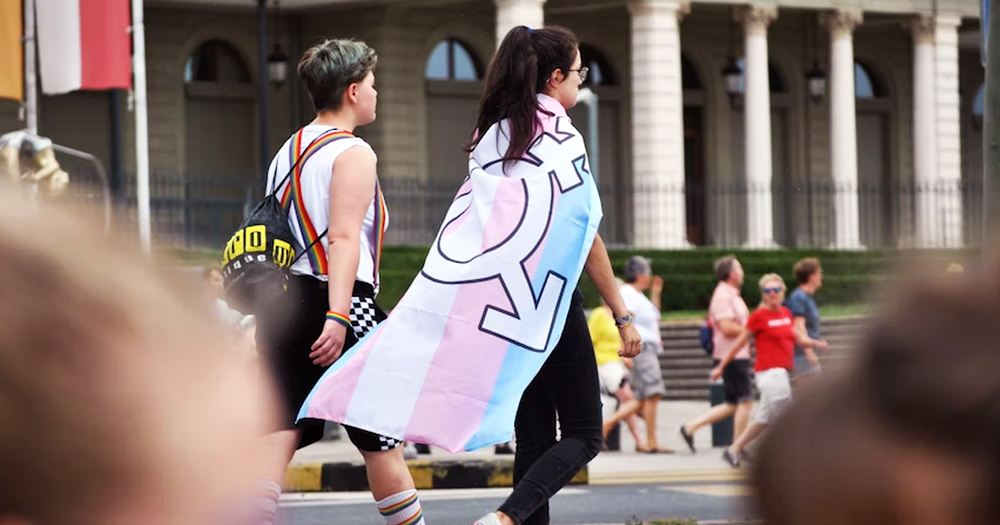A new study conducted by Princeton University has found that the rate of retransition among transgender youth is 7.3%. Retransition is when someone goes through the process of socially transitioning (changing pronouns, first name, clothing etc.) but then later changes how they identify their gender again.
The study followed a cohort of over 300 early transitioning children with an average age of eight years old. Each of the participants had begun transitioning at the start of the study. After five years, 94% of participants still identified as the gender they had transitioned to.
Dr Kristina Olson from the Department of Psychology at Princeton University conducted the study to be able to better understand the experiences of youth who were socially transitioning.
She explained, “Specifically in this study, I was curious to learn more about their identities over time; were they fluid, were they largely stable? There are lots of debates about transgender youth these days and a lot of it is based on speculation or anecdotes. I wanted to increase our knowledge”.
The study shows how retransition is far less frequent than what it was once believed to be. Although it is still crucial for clinicians and families to understand retransition, to help make them as smooth as possible if they do occur.
Dr Olson referenced another study that was published shortly afterwards, which focused on families of youth who had retransitioned.
She continued, “Some interesting findings emerged. For example, some of the children who identify as nonbinary felt that was an actual change (like they used to feel fully like a girl and now feel nonbinary) while others felt like they grew up and better understood the idea of nonbinary and think it has better described their experience all along.”
She added, “So, this tells us that some of what we are calling “retransitioning” isn’t actually a change, but rather a better understanding of the language around gender.”
The second study also found that retransition doesn’t always lead to social rejection and regret, as it has been feared to do. In a supportive environment, retransition can simply be another stage in a long journey for youth to understand their gender identity.
To read more about what it means to identify as non-binary, click here.
© 2022 GCN (Gay Community News). All rights reserved.
Support GCN
GCN is a free, vital resource for Ireland’s LGBTQ+ community since 1988.
GCN is a trading name of National LGBT Federation CLG, a registered charity - Charity Number: 20034580.
GCN relies on the generous support of the community and allies to sustain the crucial work that we do. Producing GCN is costly, and, in an industry which has been hugely impacted by rising costs, we need your support to help sustain and grow this vital resource.
Supporting GCN for as little as €1.99 per month will help us continue our work as Ireland’s free, independent LGBTQ+ media.
